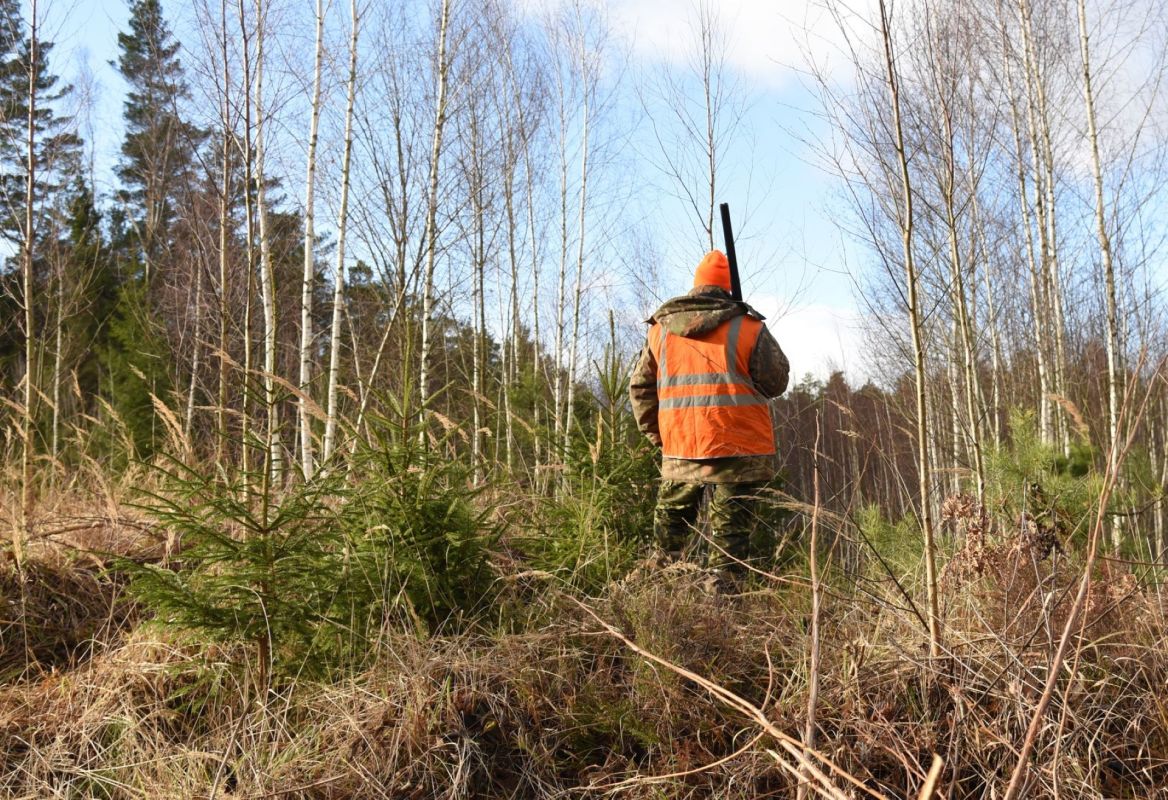According to Wild Aware Utah, the mountain lion has been a protected species in Utah since 1967. It's still on the protected species list, but thanks to a new law passed in March, it's no longer getting much actual protection, Utah Public Radio reports. Instead, the state legislature has decided to allow hunting and trapping of mountain lions year-round without a permit.
What happened?
The new law, H.B. 469 Wildlife Related Amendments, mostly concerns conservation and has set aside about $1 million for that effort, UPR reports. However, at the last minute, Sen. Scott Sandall added an amendment allowing mountain lion hunting.
While many species can be hunted only with a permit that specifies how many animals a hunter can take, there is no longer any such permit requirement for mountain lions, UPR explains. As of May 3, hunters need only a general hunting license from the state, and there is no annual limit on the number of mountain lions they're allowed to shoot or trap.
"Now, anyone with just a hunting license can go out any time of year. And they can hunt and they can trap mountain lions," Aaron Bott, a wildlife biologist, told UPR.
Why does the new bill matter?
Caitlin Curry, vice chair of the Utah Chapter of Backcountry Hunters and Anglers (BHA), told UPR that mountain lions are hard to hunt.
"Given that, it's probably unlikely that this will significantly impact harvest rates," Curry said, while adding that the BHA was surprised by the new rule.
According to the BHA, the way that the provision was added to the bill at the last minute without an opportunity for public comment is a concern, UPR reports.
If large predator populations like mountain lions are harmed, that can damage the entire ecosystem, as the National Science Foundation explains. The removal of large predators allows prey animals to multiply out of control, overwhelming their food sources and leading to mass die-offs — a series of events called a "trophic cascade."
This phenomenon can even affect the local geography, as in Yellowstone National Park, when the loss of native wolves affected the beaver population and changed the course of local streams.
A trophic cascade in Utah would damage the area's agriculture and economy and harm the environment.
What can be done to protect Utah's mountain lions?
In October, UPR reported that the Western Wildlife Conservancy and the Mountain Lion Foundation sued the state of Utah over the new law. The advocacy groups claim the law belies Utah's Right to Hunt and Fish Act, which involves providing "reasonable regulation of hunting and fishing.
Otherwise, while Utah residents weren't given the opportunity to comment on this change, they can comment and vote on future policy changes regarding the state's conservation and hunting programs. They can also vote for representatives who take conservation seriously.
Join our free newsletter for cool news and cool tips that make it easy to help yourself while helping the planet.









